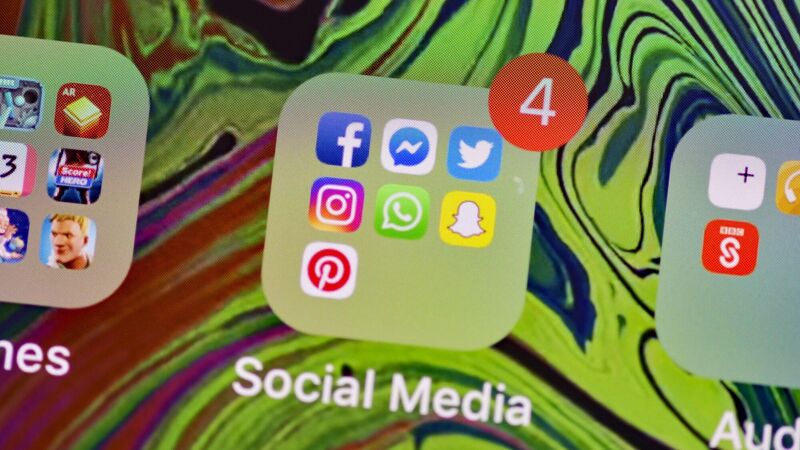Mick Clifford: The two things social media giants must do to combat abuse and manipulation

A new policy by Twitter is to take action when complaints from an anonymous account are made about an image being posted without the subject’s permission. Recently there have been examples of this that were used to prevent legitimate media scrutiny.
On Wednesday last, a man described as a Kinahan cartel member was jailed for 10 years. Alan Wilson admitted his role in a murder conspiracy that led to a shooting outside a crowded bar in Dublin in 2010.
Sentencing Wilson at the Special Criminal Court, Judge Tara Burns said he was involved in a “highly sophisticated, meticulously planned attack on a Sunday in July in front of a large group of civilians out socialising”.















